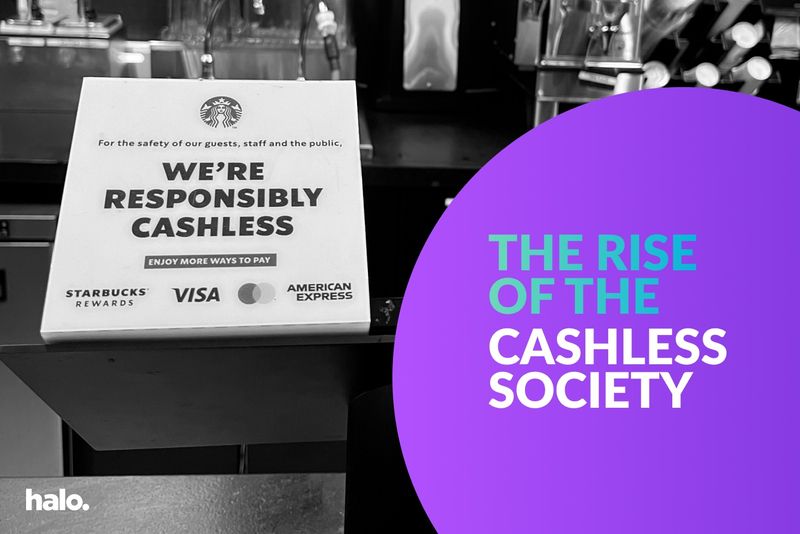Yesterday marked a chilling reminder of the vulnerabilities inherent in our ever-advancing digital age. What began as a routine software update quickly spiraled into what experts are now labeling as ‘the world’s biggest IT meltdown’. The consequences were far-reaching and profound, exposing the perilous nature of relying solely on digital transactions and electronic systems.
A seemingly innocuous glitch in a routine software patch cascaded into a digital pandemic. Across the globe, from bustling city centers to remote villages, the impact was felt indiscriminately. Train stations, usually bustling with commuters purchasing tickets from automated machines, were paralyzed as screens flashed error messages. In hospitals, where time is often a critical factor, appointments had to be postponed indefinitely as electronic health records became inaccessible. Banks, the bedrock of financial transactions, struggled to serve customers as ATMs and online banking platforms faltered under the weight of the malfunction.
In the air, the chaos was equally profound. Flights were delayed or canceled outright as airport systems failed to generate boarding passes or manage flight schedules. Passengers, some stranded in unfamiliar cities, faced uncertainty and frustration as they navigated the fallout of the technological breakdown.
The implications of such a widespread failure extend beyond mere inconvenience; they underscore the risks of placing undue reliance on digital infrastructure. In a world where cashless transactions have become the norm, this incident serves as a stark reminder of the importance of resilience and contingency planning. A single point of failure in the interconnected web of digital systems can send shockwaves through entire economies and societies.
Furthermore, the event raises critical questions about inclusivity and accessibility. While digital payments offer convenience to many, they can inadvertently exclude those who lack access to technology or who are unfamiliar with its use. Vulnerable populations, including the elderly and economically disadvantaged, often rely on cash for their daily transactions. A complete shift towards a cashless society could potentially marginalize these groups further, widening the societal divide.
As we navigate the aftermath of this unprecedented IT failure, there is a pressing need for reflection and action. Businesses and governments must prioritize investments in robust infrastructure, cybersecurity, and disaster recovery measures. Simultaneously, efforts should be made to maintain the accessibility and acceptance of cash as a viable alternative, ensuring that no one is left behind in an increasingly digital world.
While the benefits of technological advancement are undeniable, so too are the risks. The events of yesterday serve as a powerful cautionary tale, reminding us of the fragility of a cashless society and the imperative of maintaining a balanced approach to digitalization. As we move forward, let us heed these lessons and strive for a future where innovation and resilience go hand in hand, safeguarding against the perils exposed by yesterday’s global IT meltdown.

